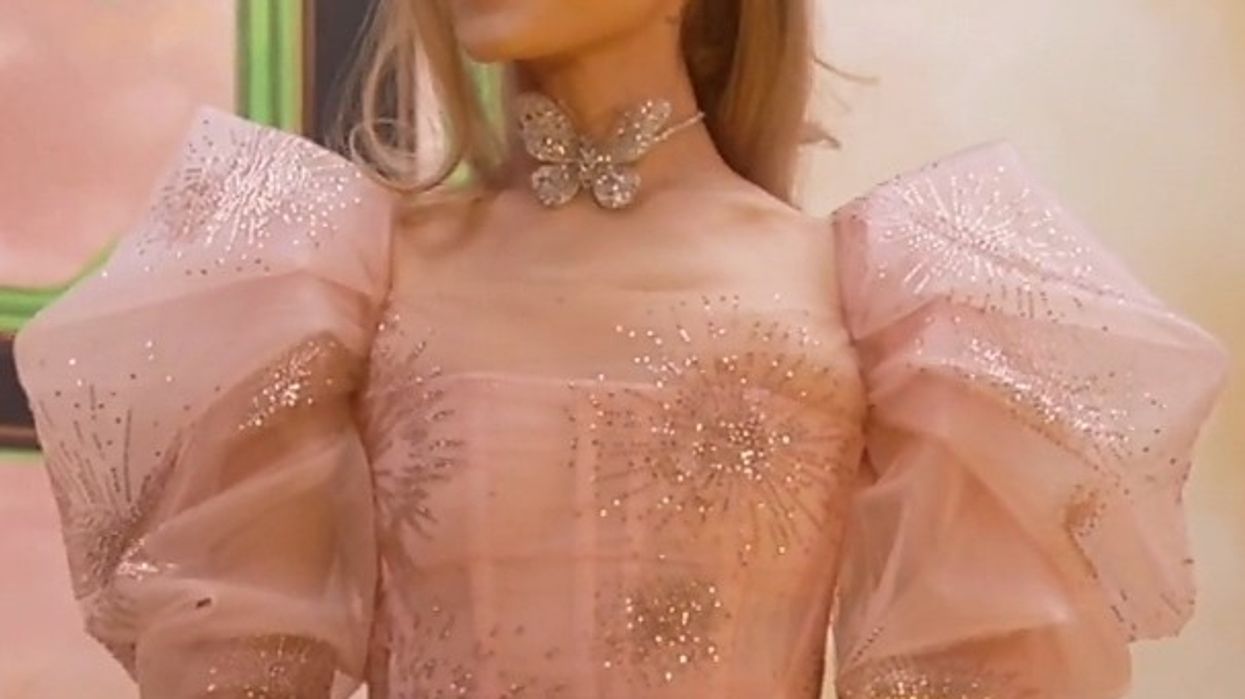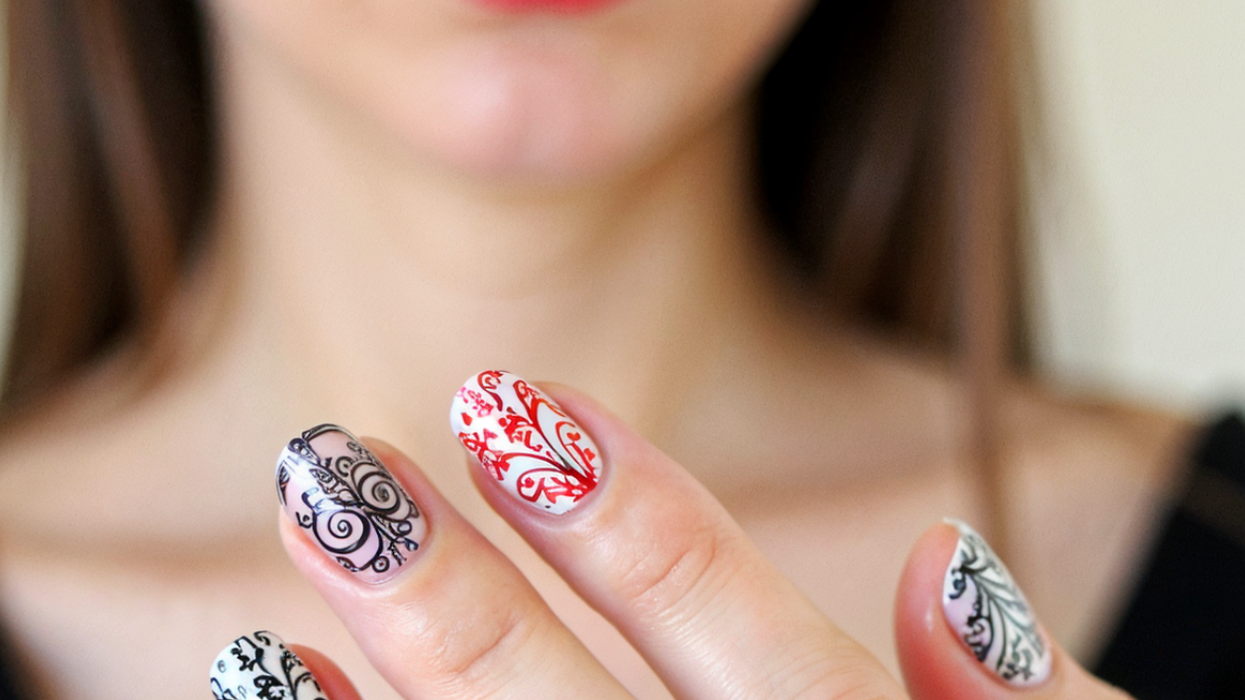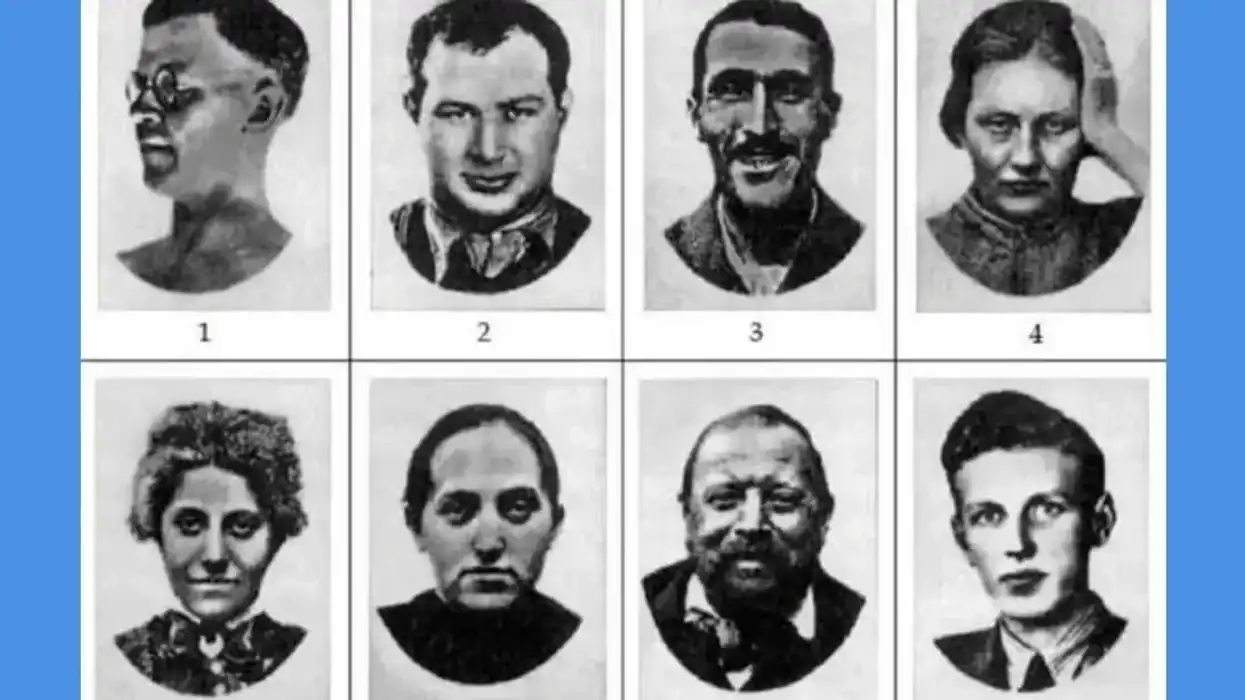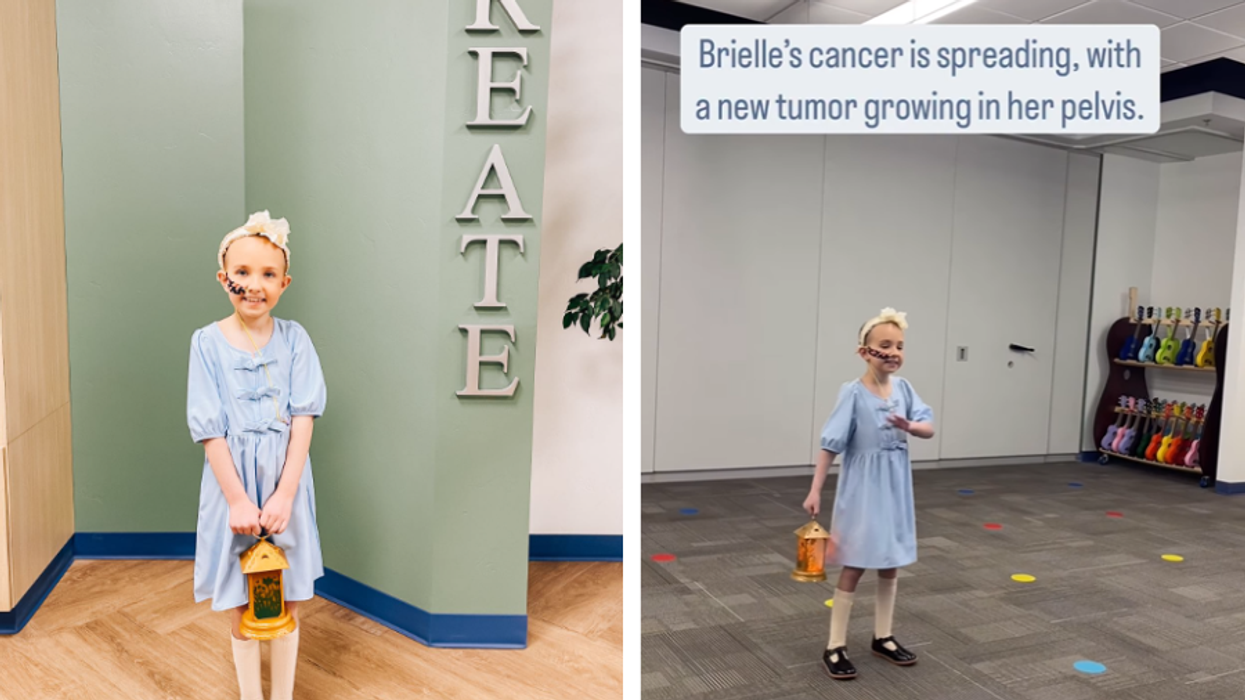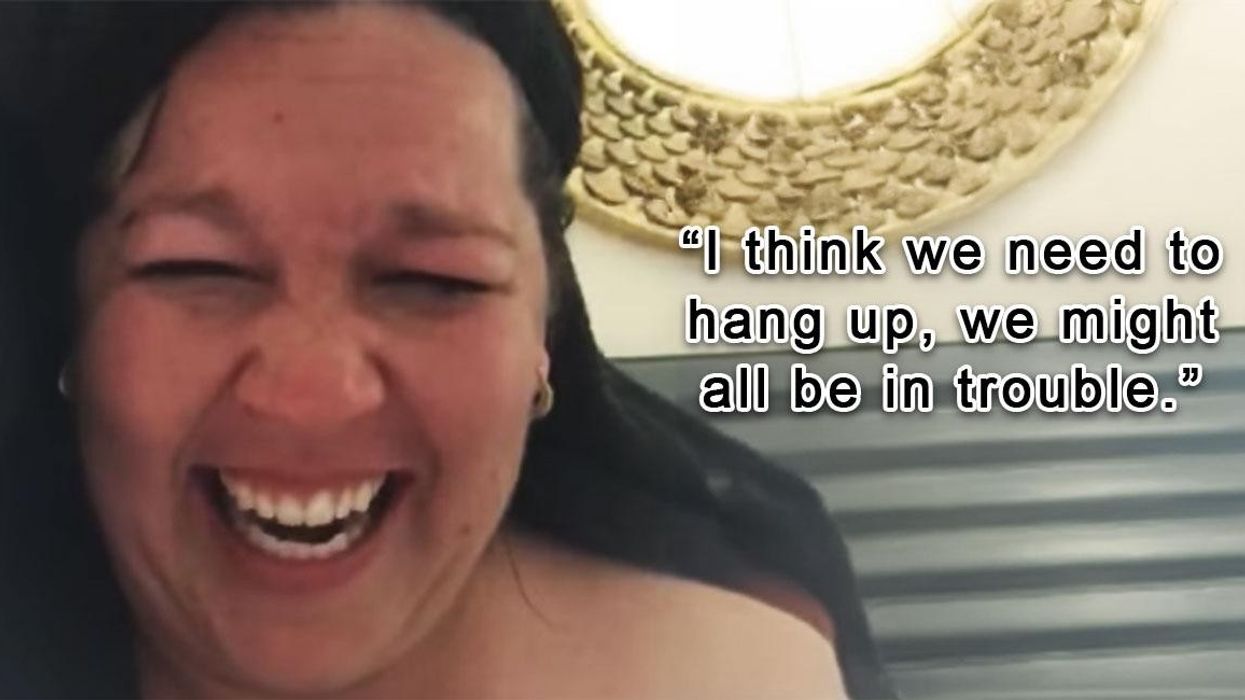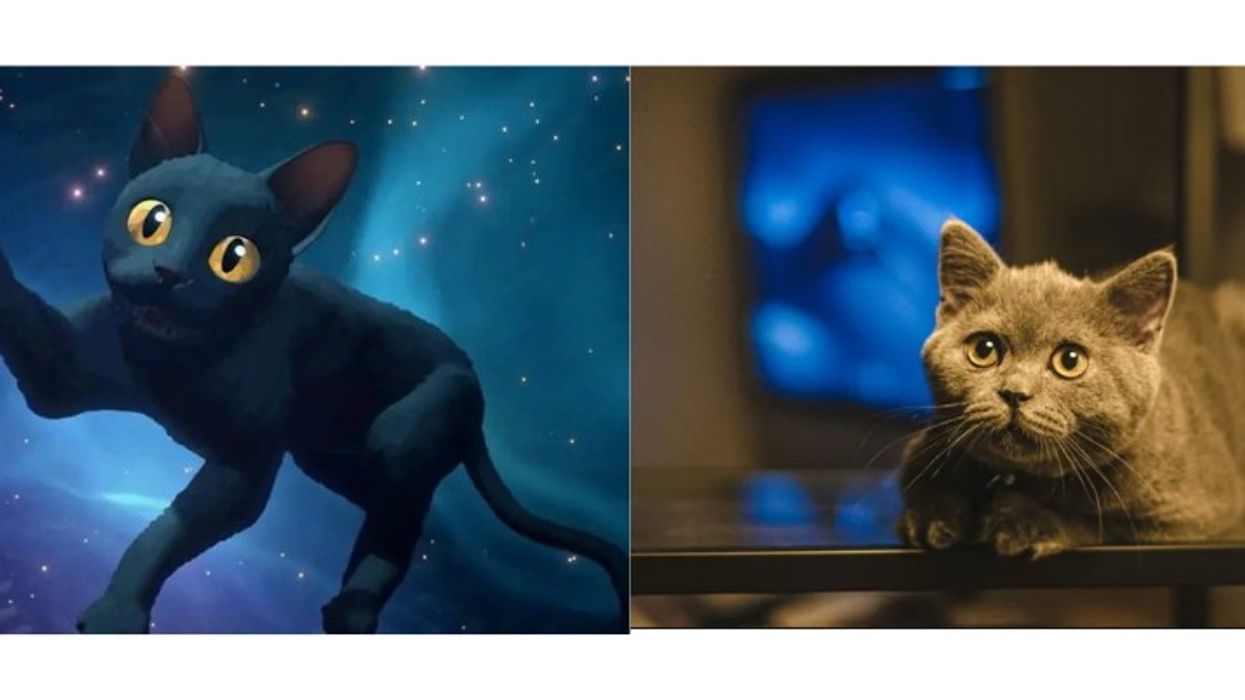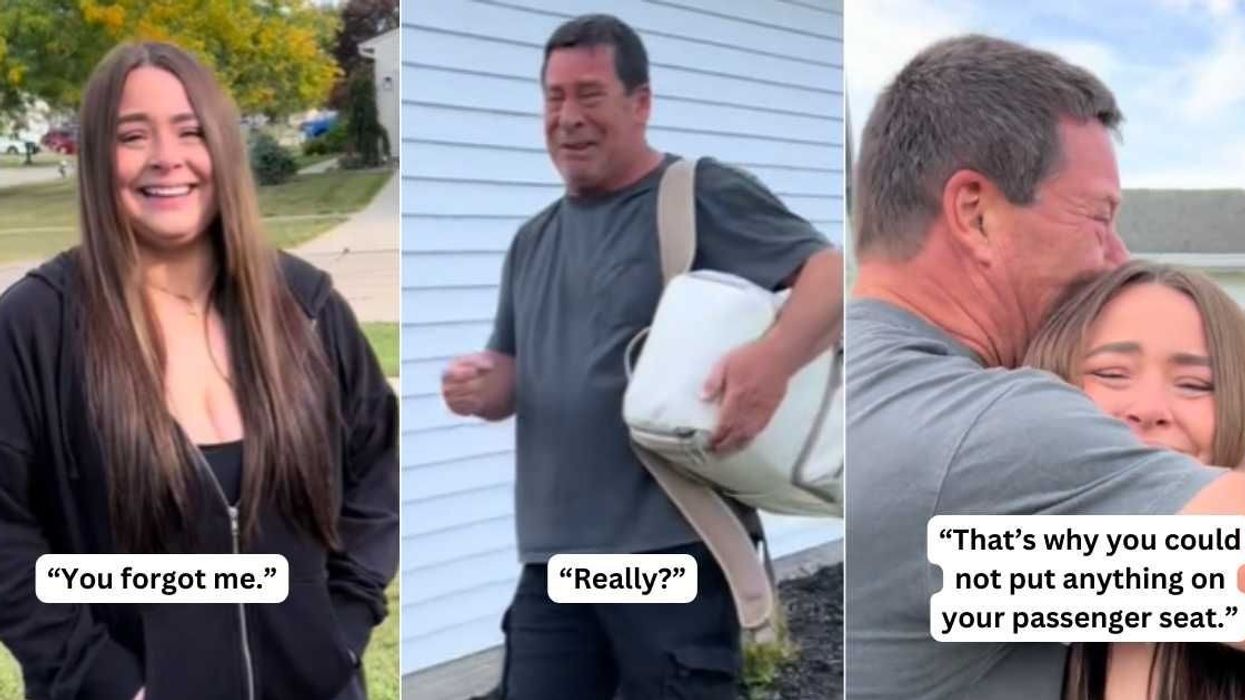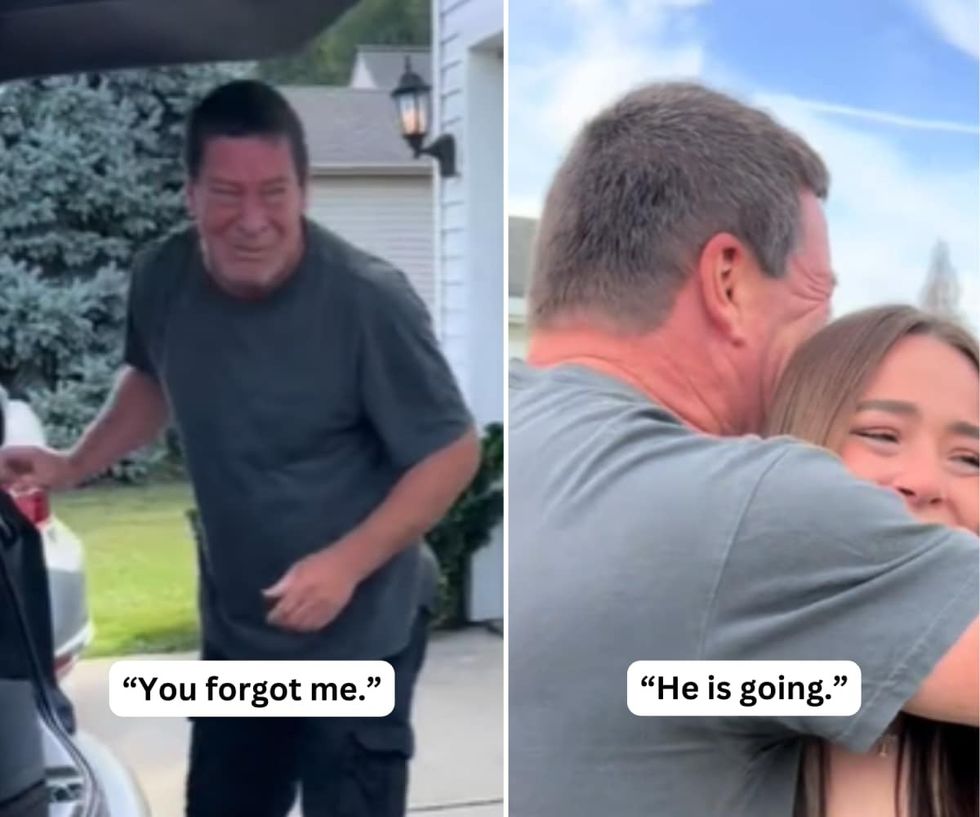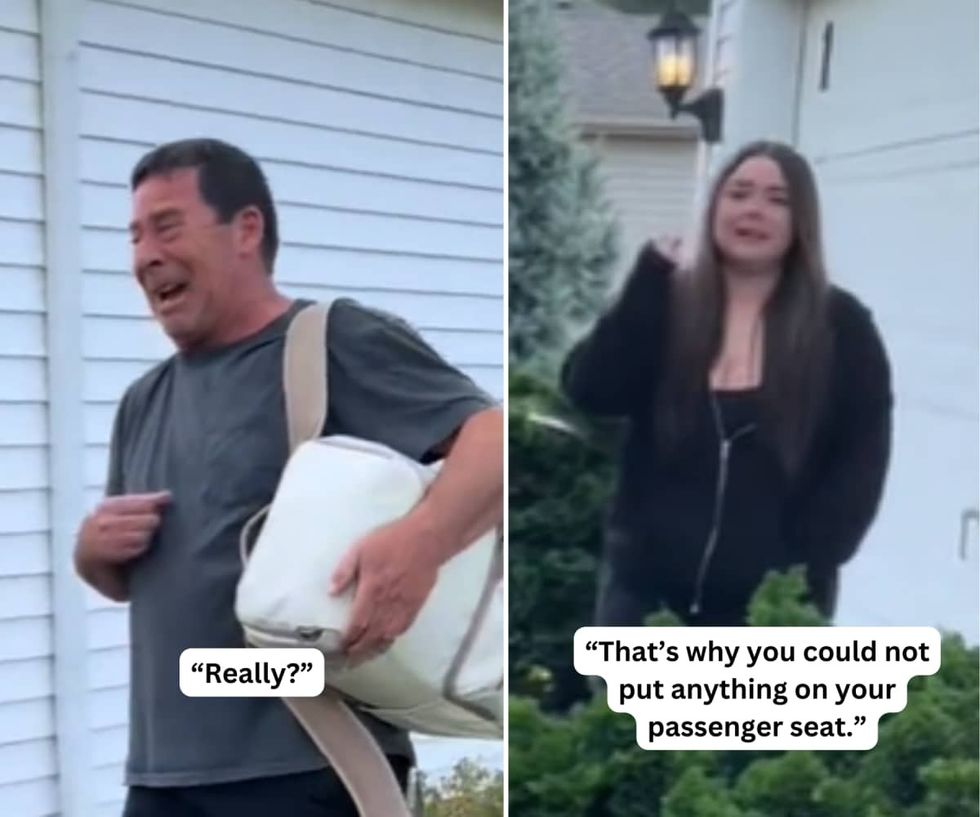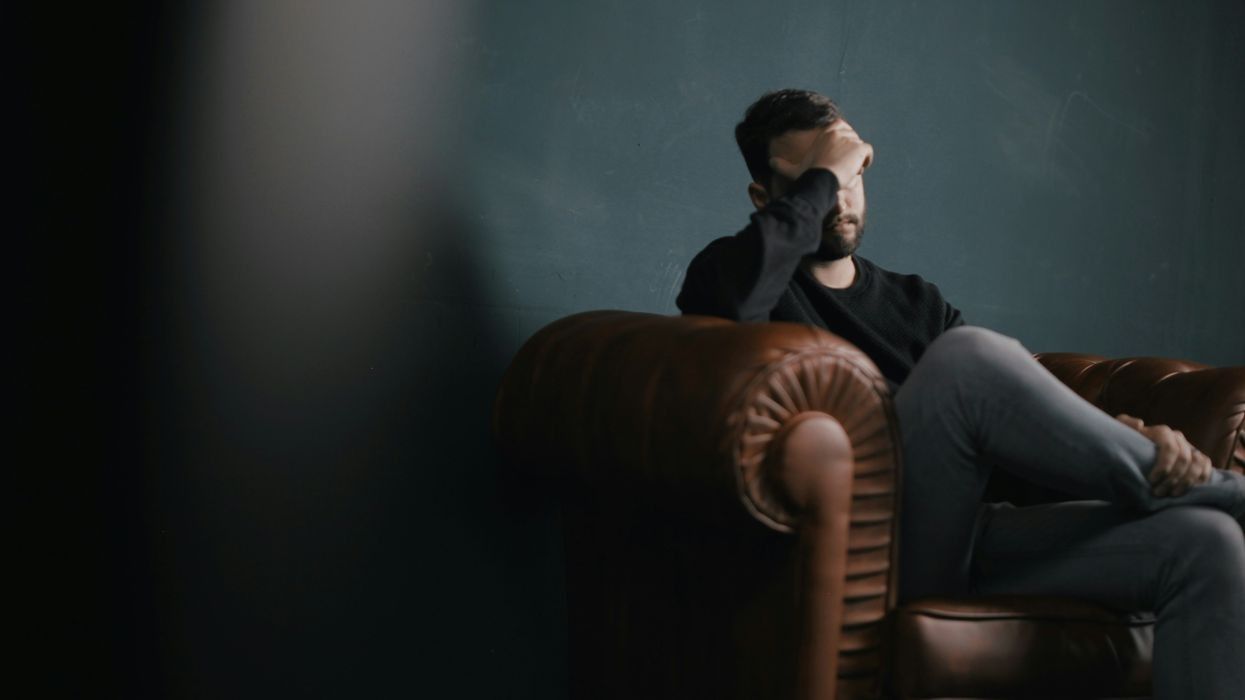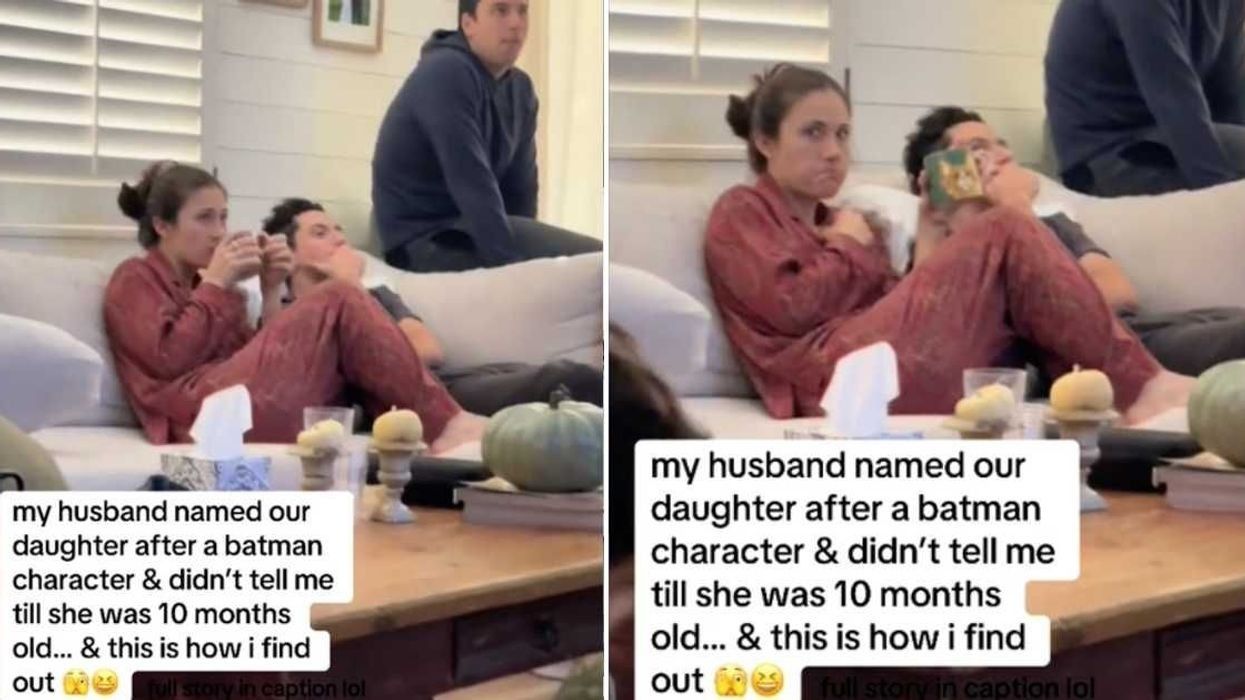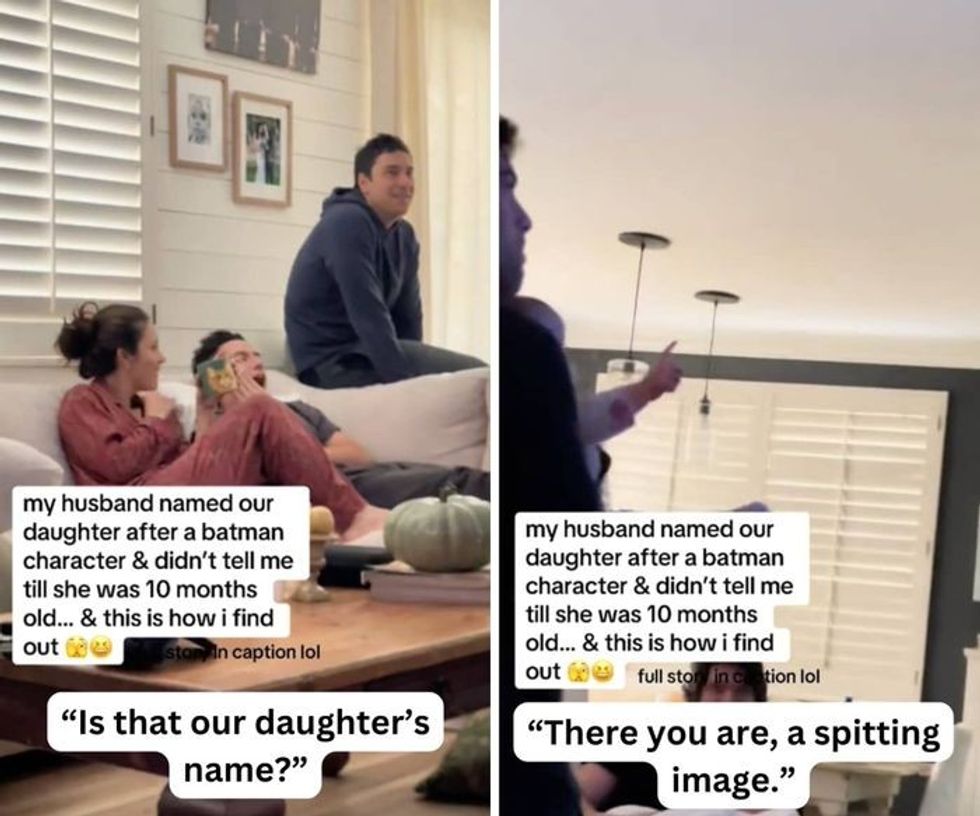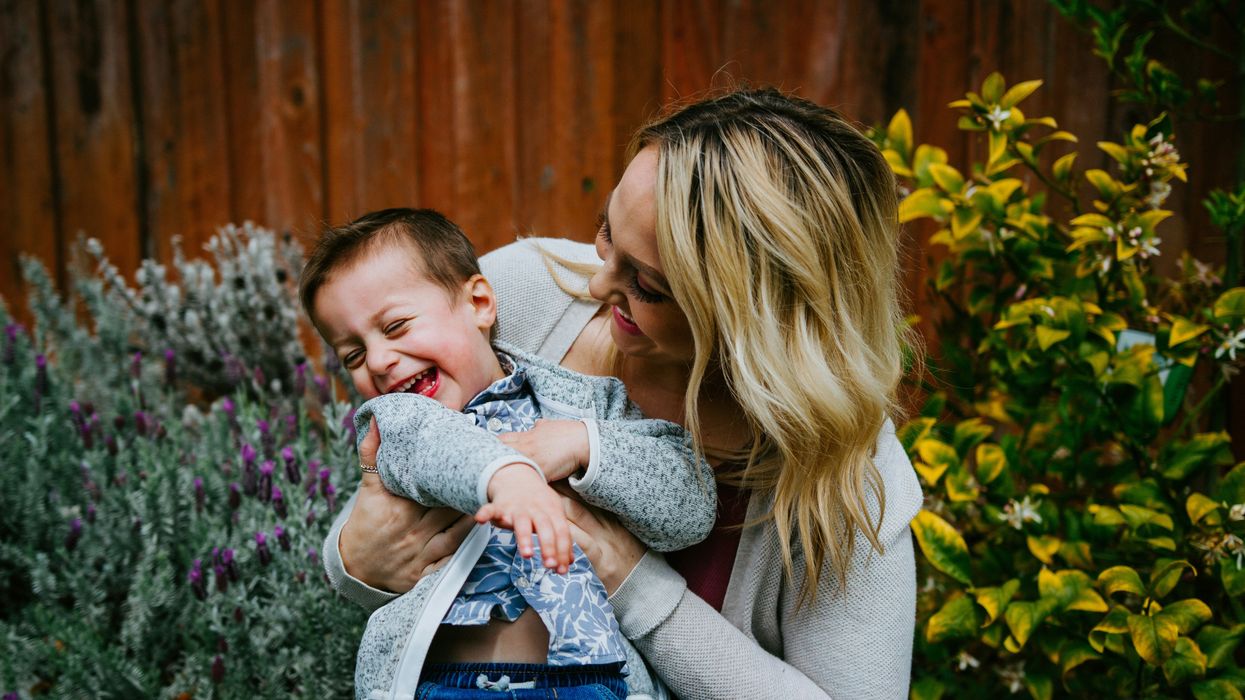Parents that *truly* get along after a divorce is a rare thing. But it's something pop singer Ariana Grande made clear to her parents Joan Grande, 67, and Edward Butera, 66, was important to her coming into young adulthood. The Wicked actress, 31, explained to podcast host Marc Maron during an interview on his WTF with Marc Maron podcast how she reunited her parents after 18 years of not getting along following their divorce.
During the episode that aired on Monday, Feb. 10, Grande explained that she came to her parents in 2017 right before her 24th birthday. "They’re not together, but they’re best friends," she said. "It took 18 years and it took me forcing it. I forced them to communicate again. I really did."
She added, "I remember just kind of being at this pivotal point where I was just like, 'You guys, I love you both so much. It’s been such a long time. Figure it the f--- out,'" she recalled. "Like hello, it’s been 18 years. I’m 80 [years old]. Please get over it. And they did."
The discussion worked, and Grande gave an update on where her parents' relationship now stands today. "I can’t separate them. It’s the best thing in the whole world," she shared. “I guess they just had like, some sort of beautiful conversation or realized that like, how much they love me is so much louder than whatever nonsense happened way back when."
The transformation is one that Grande does not take for granted. "It really is beautiful, and if only they had the tools that I feel like we have now, this generation, with therapy and embracing that, maybe it could have happened sooner, but it was just the perfect thing…. It makes me really happy," she added.
Grande's parents divorced in 2003, according to E! News. Although Grande has remained close to her mother Joan, Grande struggled with a falling out with her father. She opened up about it in an interview with Seventeen back in 2014, sharing, "Falling out of touch with my dad. It's private, but it happened last year. It took me so long to be okay with it. The thing that got me there was embracing the fact that that I am made up of half my dad, and a lot of my traits come from him. So much of me comes from my father, and for so long, I didn't like that about myself. I had to accept that it's okay not to get along with somebody and still love them."
Over the years she has referenced her relationship with both her parents. In November 2019, Grande first hinted that things were in repair with her parents after they all spent Thanksgiving together for the first time in years. At the time, she shared on Instagram via E! News, "First Thanksgiving with both of my parents in 18 years!"
Grande also opened up more about her parents split during an interview on The Zach Sang Show in March 2024. "I think growing up you want what you don't have. My parents got divorced for all the right reasons. They weren't supposed to be together," she said.





